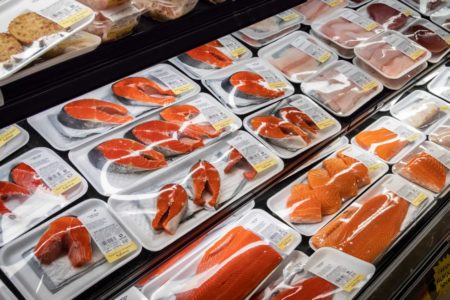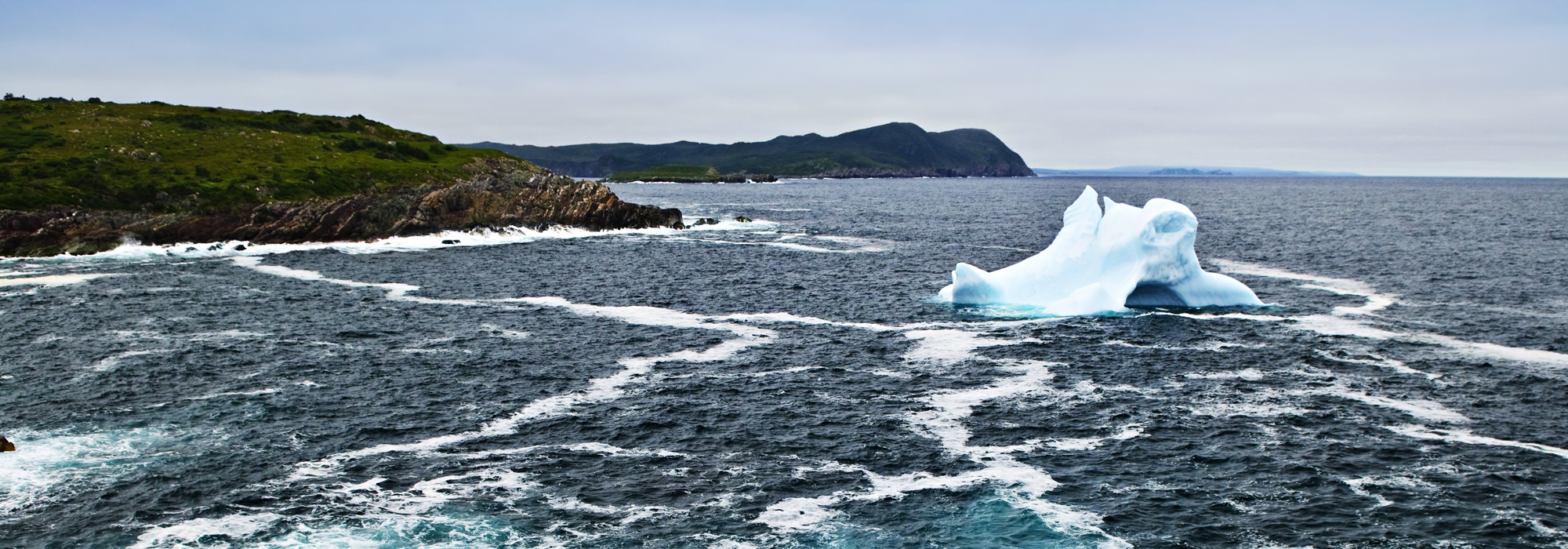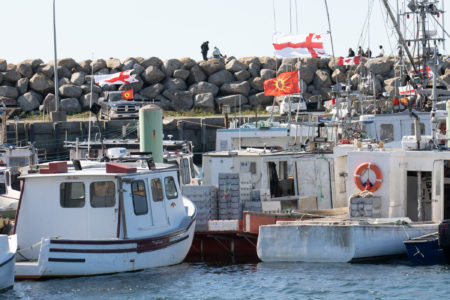
Life sometimes presents us with difficult decisions on matters that are outside our personal spheres of knowledge. The more important the decision, the more likely we are to seek expert advice: a mechanic when we buy a used car; a financial analyst when we invest in stocks; a physician when we need a diagnosis for a serious ailment. We want to be as confident as we possibly can that our decisions are based on objective assessments of the best available information. An increasing number of jurisdictions (such as the United Kingdom, the United States and the European Union) do this from a science perspective, having created formal mechanisms (in some cases, decades ago) that can provide expert advice to heads of government and national cabinets.
The Royal Society of Canada has asserted that enhancing scientific advice strengthens government. The new Canadian government appears to agree. It is a welcome respite from the previous government, which seemed to fear its science shadow.
The mandate letters that were sent to four ministers, including those responsible for fisheries and other natural resources, instruct them to base their decisions on “science, facts, and evidence.” Among this ministerial quartet, Kirsty Duncan (Minister of Science) is tasked with creating the office of chief science officer. Catherine McKenna, Minister of Environment and Climate Change, is to respond “quickly” to science advice on species at risk. Hopefully these laudable intentions will soon bear fruit.
First off the mark, however, was Hunter Tootoo, Minister of Fisheries, Oceans and the Canadian Coast Guard (DFO). On May 11, Tootoo announced the creation of 135 new science positions within DFO. A $197 million allocation in the 2016 budget is earmarked for research scientists, biologists, oceanographers and technicians, as well as for acquiring new technology and equipment. Although 310 science positions were lost under the Conservative government, this spate of new hires will be the greatest single boost to DFO’s scientific staff since Canada’s exclusive economic zone of jurisdiction over marine exploration and management was extended to 200 nautical miles in 1977.
There is good reason to applaud Minister Tootoo’s announcement. Strengthening DFO’s capacity to provide high-quality science advice should strengthen the evidentiary basis of, among other things, the department’s decisions on Canada’s stewardship of the most extensive coastal waters in the world.
Several key areas of ocean and fisheries science have been targeted. Ecosystem research will improve our understanding of how species interactions (such as predators eating prey or competing for food) can affect population recovery, fisheries rebuilding, and the impact of climate change on our biodiversity. Enhanced expertise in fish population biology will expand the scientific capacity for assessing commercial fisheries, and should hasten the implementation of a sustainable fisheries policy (see the Policy Options article I recently co-authored on this topic). More attention will be directed to human-induced stressors in the marine realm, such as underwater noise pollution, micro-plastics and open net-pen aquaculture.
There are early signs that DFO intends to ensure this investment is meaningful and innovative. Trevor Swerdfager, Assistant Deputy Minister of Science, refers to re-emphasizing the study of basic elements of fish science and physical oceanography. This is sensible. Innovation and excellence in applied science, and how to utilize that knowledge to develop wise policy, depends on knowledge gained through basic, discovery-oriented research.
There are early signs that Fisheries and Oceans intends to ensure this investment is meaningful and innovative.
The department’s renewed commitment to increase collaboration with academic colleagues, environmental groups and Indigenous communities also sounds promising. Swerdfager specifically mentioned collective efforts with international colleagues. With the declining budgets, job losses and lack of political interest over the past decade, many such partnerships were allowed to wither and die. Collaborative work with scientists in other countries was also hampered by the bureaucratically tortuous approval system for procuring exceedingly scarce funds for international engagement. This needs to change.
In addition to funding innovative science, DFO should consider innovative ways of achieving its stated objectives. One example where innovation would be welcomed is the enhancement of partnerships. How should the funding be allocated? The department should collaborate with groups, absolutely. But it should also collaborate with individuals, particularly those who are young and enthusiastic, where the benefits can be enormous. For example, one could offer work-term opportunities to promising undergraduates, and research scholarships to graduate students, which would give them first-hand experience in a government science environment. One might create short-term internships for aquatic scientists — inside and outside government — who want to better understand science-related policy and how basic research can contribute more effectively to the development and to the implementation of policy.
The Department of Fisheries and Oceans’ announcement is the strongest indication to date that the Liberals intend to strengthen the evidential basis of science advice, and ultimately the societal benefits accruing from this advice. The expected hiring wave will create a generational shift, reinvigorating a department left professionally despondent by years of repressive communications control and seemingly indiscriminate program cuts. Young people who are interested in careers in aquatic population ecology, marine biology and other ocean sciences, and whose enthusiasm for public service had been significantly dampened — often extinguished — have been sent a powerful signal that their aspirations are respected and their research skills welcome.
Photo: Elena Elisseeva / Shutterstock.com
Do you have something to say about the article you just read? Be part of the Policy Options discussion, and send in your own submission. Here is a link on how to do it. | Souhaitez-vous réagir à cet article ? Joignez-vous aux débats d’Options politiques et soumettez-nous votre texte en suivant ces directives.








